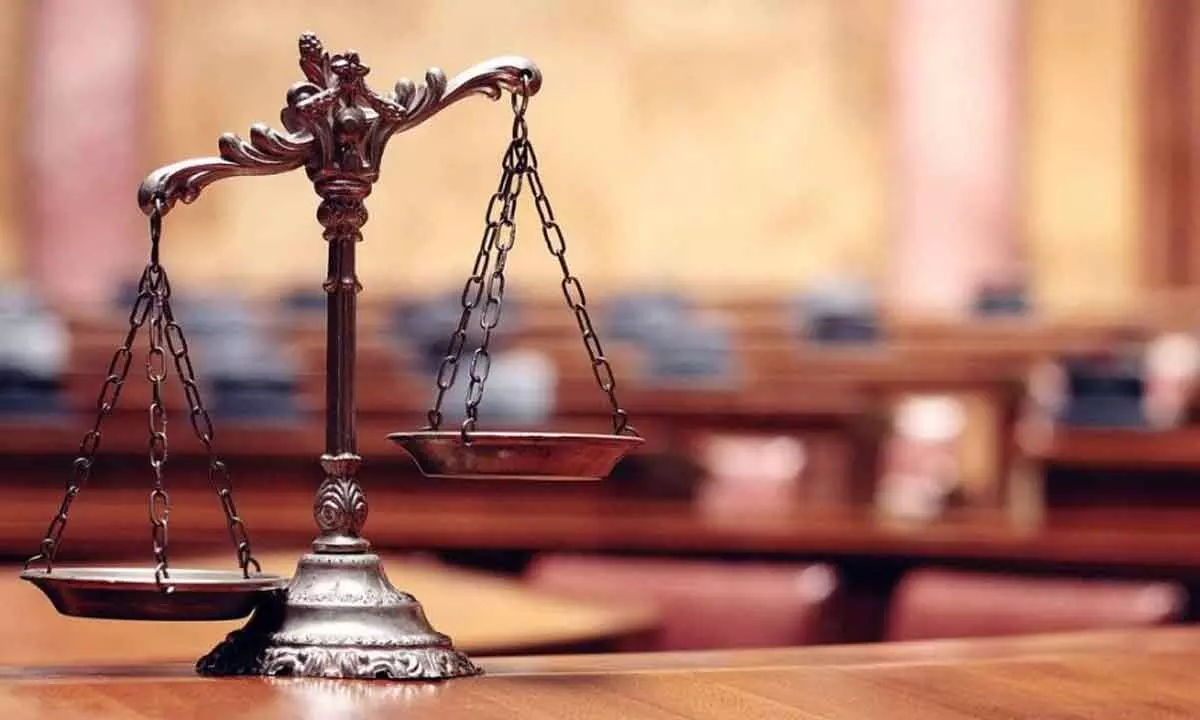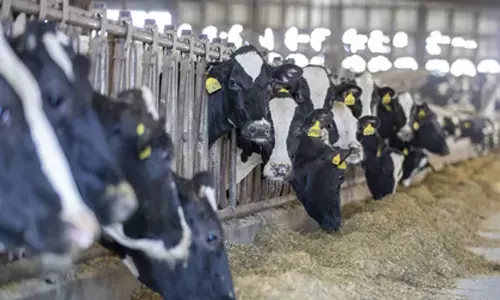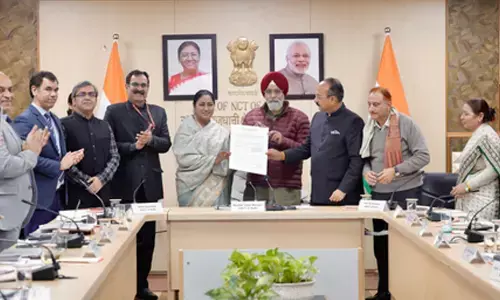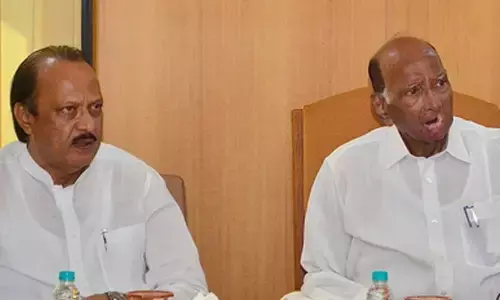NJAC Versus SC Collegium: Which To Prefer Over Another?

It is true that neither of the two systems is devoid of its demerits. However, the question arises only about the adoption of ‘lesser evil.’
The debate of the day doing rounds is whether the National Judicial Appointment Commission (NJAC) is preferable or desirable over the present system of the Supreme Court appointed committee for judicial appointments called the Collegium for High Courts and Supreme Court. It is true that neither of the two systems is devoid of its demerits. However, the question arises only about the adoption of 'lesser evil.'
On the one hand the NJAC consisting of six members, viz. the Chief Justice of India, two senior most Supreme Court Judges, the Union Law Minister and two eminent citizens nominated by a panel comprising the Prime Minister, Chief Justice of India and the leader of the opposition, seems to be more honest and transparent method of selecting the judges of the higher judiciary which has also the approval of the Parliament, despite the claims of neutrality and picking the meritorious persons, the Supreme Court Collegium works under the veil of secrecy. Seen in this context, the recent statement of the Union Law Minister Kiren Rijiju that "the government won't stay silent forever" seems to be giving the early signals of the change to come.
It is true that the supporters of the collegium system are apprehensive of government interference in judicial appointments which can certainly undermine the independence of the judiciary; but the collegiums system also raises similar concerns over the judges appointing the judges. Nepotism, favouritism and corruption cannot be ruled out in a system which has of late, almost lost the credibility in the public eye.
Significantly, the Constitution of India does not even hint at either of the methods. According to Article 124 (1) there shall be a Supreme Court of India consisting of a Chief Justice of India and, until Parliament by law prescribes a larger number, of not more than 7 other judges. However, after several amendments this number has gone up to 34. Article 124 (2) prescribes the mode of the mode of appointment of Supreme Court Judges. This Article states that every judge of the Supreme Court shall be appointed by the President by warrant under his hand and seal after consultation with such of the judges of the Supreme Court and of the High Courts in States as the President may deemed necessary for the purpose and shall hold office until he attains the age of sixty five years:
Provided that in the case of appointment of a judge other than the Chief Justice, the Chief Justice of India shall always be consulted. Thus, going by the original provision of the Constitution the power of appointment of a judge of the Supreme Court rests with the President of India and such power can be exercised by him after consultation with such of the judges of the Supreme Court and the High Courts in the States as the President may deem necessary.
Therefore, in the original scheme of the Constitution neither the NJAC nor the SC appointed Collegium had any mention about the NJAC or Collegium. Still in all fairness it must be conceded that the bill for the NJAC, called 99 the Constitutional Amendment Act, 2014 was passed by both the Houses of the parliament and the same got assent of the President also. But the duly enacted NJAC was opposed tooth and nail by the very demigods who day in and day out swear by the Constitution and dispense justice to all and sundry. In reality, both these mechanisms have been created by the vested interests not to protect or preserve the public interest but only to establish their own superiority over the another. Unfortunately, when the NJAC was discussed in the Parliament hardly anybody had raised the issues of Constitutional Powers of the President of India given under Article 124 of Constitution. In the name of larger public interest and retaining the sanctity of the spirit of the Constitution what is practically happening is the mad- race of power grabbing between the high honchos of the government and the judiciary. Therefore, it goes without saying that when this mad race will stop for the good of the people, the nation will beget a viable, honest, transparent and dynamic higher judiciary.
EWS PASSES THE CONSTITUTIONal TEST
In a spilt verdict delivered by a constitutional bench comprising the then Chief Justice U U Lalit, Justice Dinesh Maheshwari, Justice S. Ravindra Bhat, Justice Bela M. Trivedi and Justice J. B Pardiwala, the apex court has upheld the constitutional validity of 10 per cent reservation provided solely for the economically weaker sections. Justice S Ravindra Bhat and the CJI U U Lalit dissented from the majority three judges saying that the new quota in education and jobs for Economically Weaker Section was discriminatory against SC, ST and OBC. However, the majority judges held that the EWS quota declared by the govt in accordance with the spirit of the Constitution.
The judgement pronounced on November 7 will go a long way in not only restraining the brain drain but also providing some financial succour to the less privileged meritorious youth in securing admission in educational institutions and jobs.
TS-HC ALLOWS COPS TO PROBE POACHGATE
Justice B Vijaysen Reddy of Telangana High Court on November 8 vacated its stay on state police probing the poachgate and allowed the cops to continue their investigation against he accused who had allegedly offered huge sums of cash to four TRS MLAs to switch their political sides. The court however, kept pending the petitions of BJP and the three accused namely, Simhayaji Swami, K. Nandkumar and Ramchandra Bharati who were arrested by the police on October 26 seeking the CBI/ SIT probe.
TRIPURA HC ACTING CJ APPOINTED
Justice Todupunuri Amarnath Goud, senior- most Judge of the Tripura High Court has been given the charge of the office of the Chief Justice of that High Court with effect from November 11, consequent upon the retirement of justice Indrajit Mahanty, Chief Justice of Tripura High Court according to a notification issued by the ministry of law and justice, government of India.
22ND LAW COMMISSION CONSTITUTED
The central government on November 7, constituted the much-awaited new Law Commission with Rituraj Awasthi, retired Chief Justice as its Chairman. Besides, Justice K.T Sankaran, Prof Anand Paliwal, Prof. DP Verma, Prof (Dr) Raka Arya and M Karunanithi also have been appointed as Members of the Commission.
CBI CASE AGAINST AP SPECIAL CHIEF SECRETARY QUASHED
The special Chief Secretary of Andhra Pradesh Y Sri Lakshmi, IAS got a big relief from the Telangana High Court in a decade-old illegal mining case in which former Karnataka Minister Gali Janardhan Reddy and his company, Obulapuram Mining Company are involved.
Justice Chillakur Sumalatha in her quashing order observed that there was not enough material to substantiate the allegations made by the CBI in the charge sheet against her.










